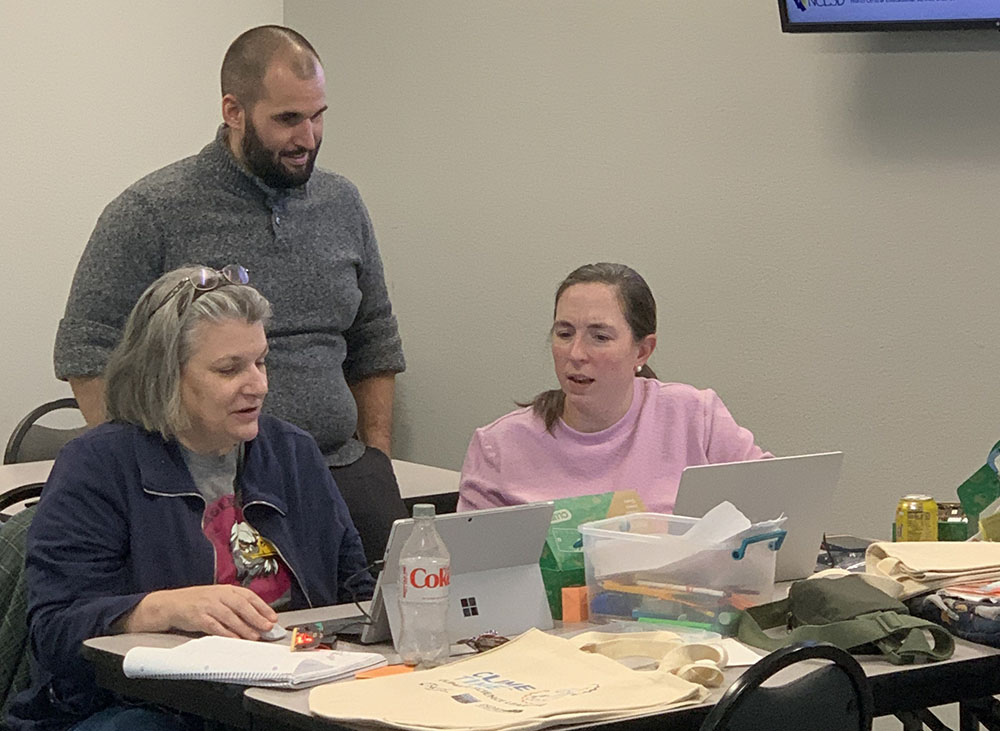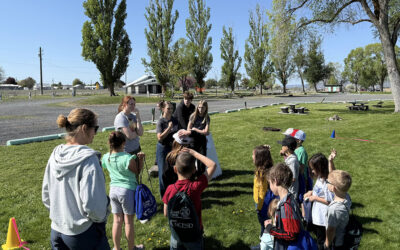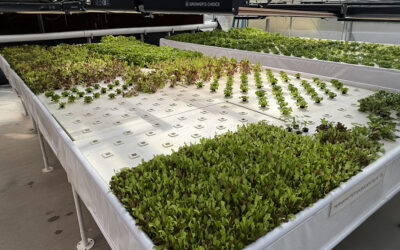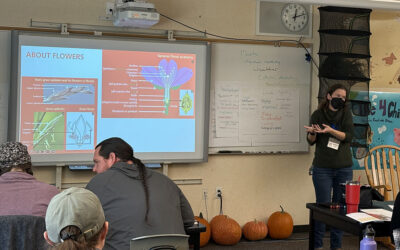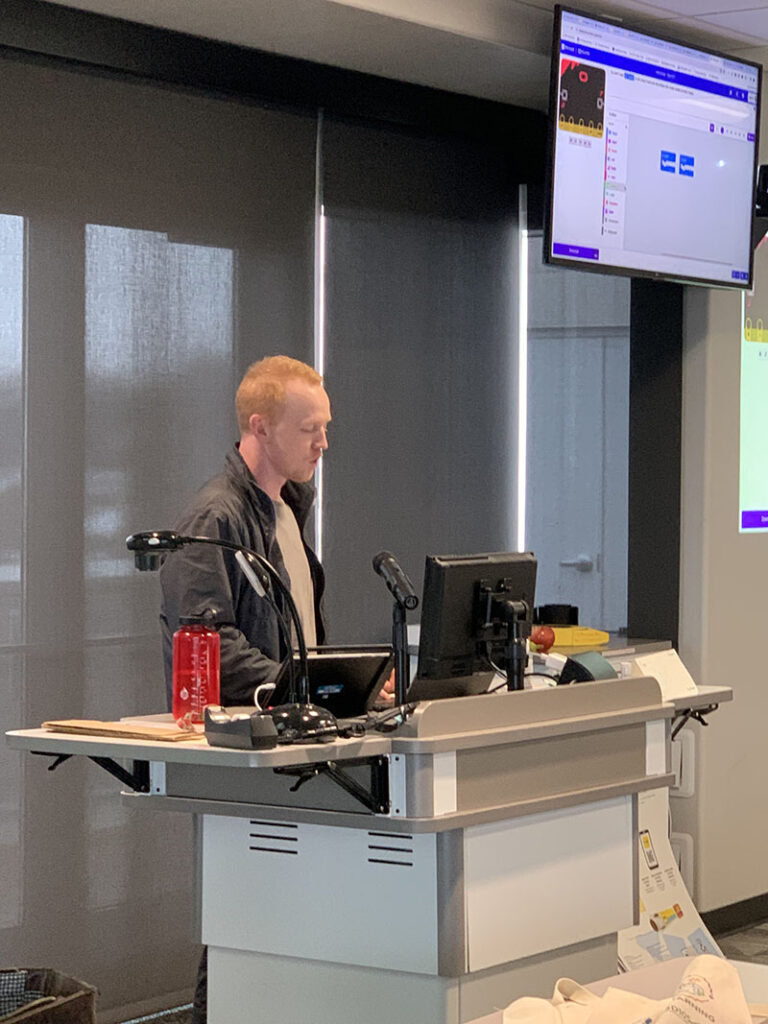
The student becomes the teacher when one participants shares with the rest of the class what he learned during his coding practice with the micro:bit.
In a collaboration between NCESD’s Cari Haug (Regional Science Coordinator), Stefan Troutman (Educational Technology Specialist) and Andy Boyd (Regional Math Coordinator), third through 8th grade teachers were invited to learn about computational thinking strategies that benefit students in a wide range of academic pursuits including science, math, and computer science. NCESD staff modeled the session after ESD 105’s event provided by Luke Matlack and Mike Batali.
In a one day workshop held January 24, 2024, participants engaged in a number of learning tasks that were new experiences for them. Using low technology, paper airplanes, participants learned the pillars of computational thinking to build some background in how and why this science and engineering practice is important for student sensemaking. Participants then explored using and coding Micro:bits. These programmable devices are easy to use and have lots of free coding resources available for immediate classroom use. Participants were able to take a ten pack Micro:Bit set back to their classrooms after completing the workshop. There were lots of smiles on both the Micro:Bits and the participants faces as they successfully coded their devices.
During the second half of the workshop, participants paired their newly gained coding skills with a Climate Action Pack. First, they explored the lesson materials that include learning about the climate change issue they are then tasked to tackle using technology. For this workshop, participants were challenged to build a solar array including building and coding the array to follow a light source; seeking the sun. The Climate Action Pack comes with many different sensors and lesson materials to use the variety of materials with students to learn about and develop solutions for climate change issues including renewable energy, agricultural advancements, and pollinator population decline.

